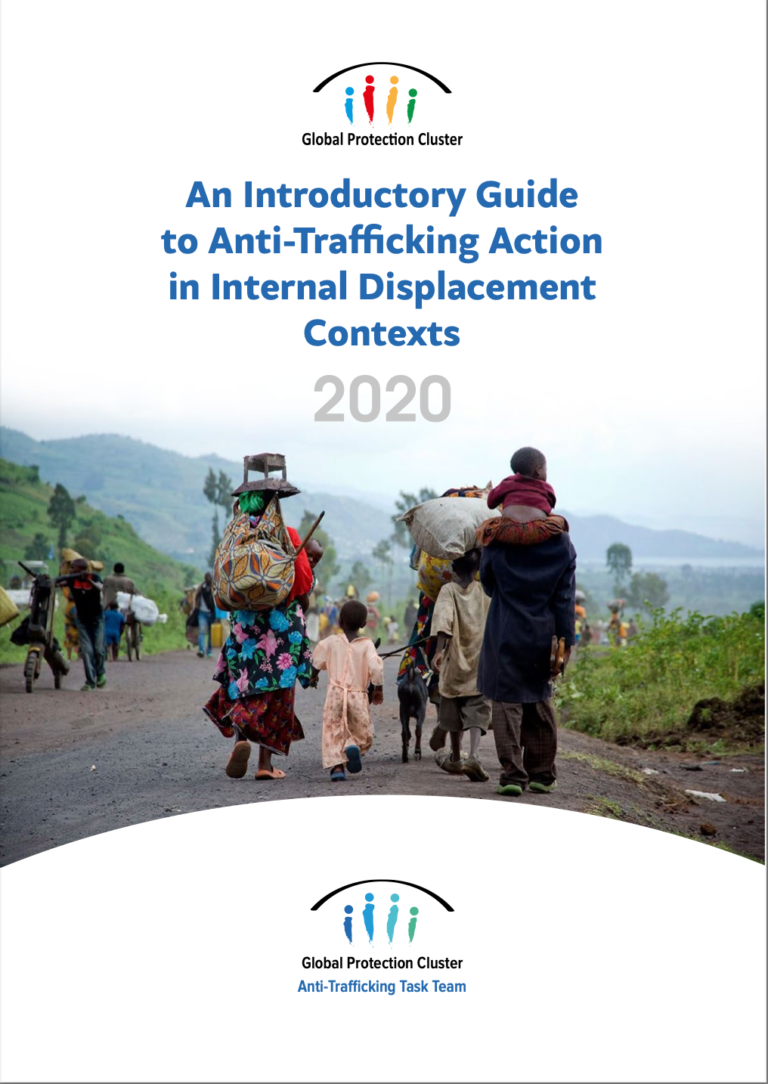Remedy in Development Finance: Guidance and Practice
GuidanceBilateral and multilateral development finance institutions (DFIs) are critical actors in development and, through financing, technical assistance and their normative roles, make important contributions to the Sustainable Development Goals and human...Read More

